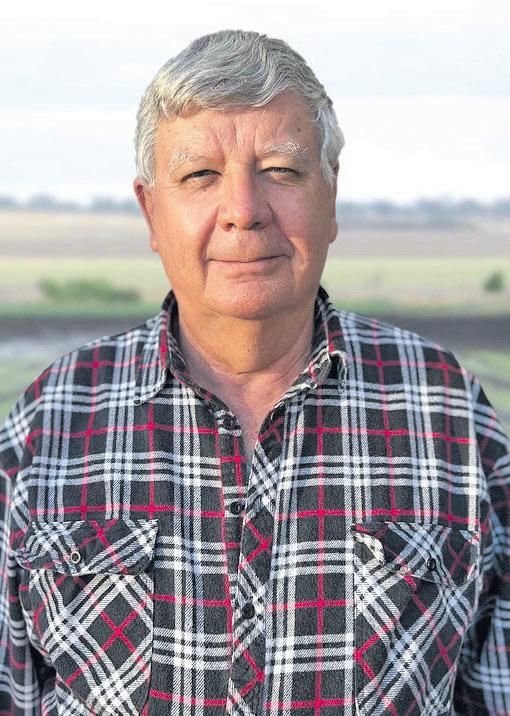
2 minute read
MANAGED FORESTS IN NSW KEY TO SAVING KOALAS
Recognition of the value of the managed harvested native hardwood timber forests could be the answer to the ongoing efforts to save koala colonies on the Mid and North Coast of New South Wales.
This is the proposal the REEF Research Foundation’s (REEF) Forestry Awareness Program has put to the NSW Minns Labor Government as it considers the location, formulation and size of its planned Great Koala National Park in Northern NSW.
REEF Forestry Awareness Program
Chair Noel Atkins said it has advocated to the NSW Environment Minister the Hon Penny Sharpe MLC in early 2024 that the Great Koala National Park should include signifcant parts of existing National Park rather than carving out managed forests which are promoting koala rejuvenation and helping with the housing crisis.
“The evidence is in that koalas are living well in harvested native hardwood timber forests for the simple reason their colonies are protected by regulation, the animals can easily walk along the managed forest foor and enjoy succulent leaves from new trees,” Mr Noel Atkins said.
“Why increase the size of the Great Koala
National Park into managed forests when signifcant numbers of koala live there, are protected, and their colonies are growing according to respected evidence? We believe this is a sensible position the NSW Government should adopt. There is already 88 percent of NSW Forests preserved in National Parks and Crown Land available for all fora and fauna. Only 12 percent of NSW forests are available in the Managed Forest Estate, which is also available to fora and fauna. Of this 12 percent, less than one percent is harvested annually by strict regulation and is subjected to regeneration for our nation’s future timber needs.”
The CSIRO’s National Koala Monitoring Programme (NKMP), estimate that koala populations range between 287,830 and 628,010, ten times more than the most recent Australian Koala Foundation estimate. The CSIRO confrms that population estimates are larger than in 2012 when koalas were classifed as “vulnerable”, not “endangered.”
Published research by Dr Brad Law, the principal research scientist at the NSW Department of Primary Industries and supported by Leroy Gonsalves, Traecey Brassil and Isobel Kerr “demonstrate high occupancy (of Koalas) in northeast NSW and no difference in density between harvested forest in the state forest and controlled forest in the national park”.
“REEF and its members are totally committed to protecting koalas and believe the Government should be committed to maintaining the managed forests where many koalas roam and call home, rather than turning it into a park that will be costly to manage,” Noel Atkins said.
“The native hardwood timber forest sector fosters koala population rejuvenation, prevents catastrophic bush fres and supports regional communities. Koalas are a vital part of the ecosystem of native hardwood timber forests on the NSW coast and it will remain so for REEF.”
REEF is committed to the native hardwood forest sector and improving its environmental footprint, protecting jobs in the region and delivering economic benefts.
REEF represents large and small family businesses that have been working in the forests gathering native hardwood timber for housing, mining, construction and railways for generations.
Visit www. reefresearch. foundation to fnd out more.










